YOUTH MENTAL HEALTH FORUM
Presented by KidsMatter and the
Naperville Police Department
Support provided by
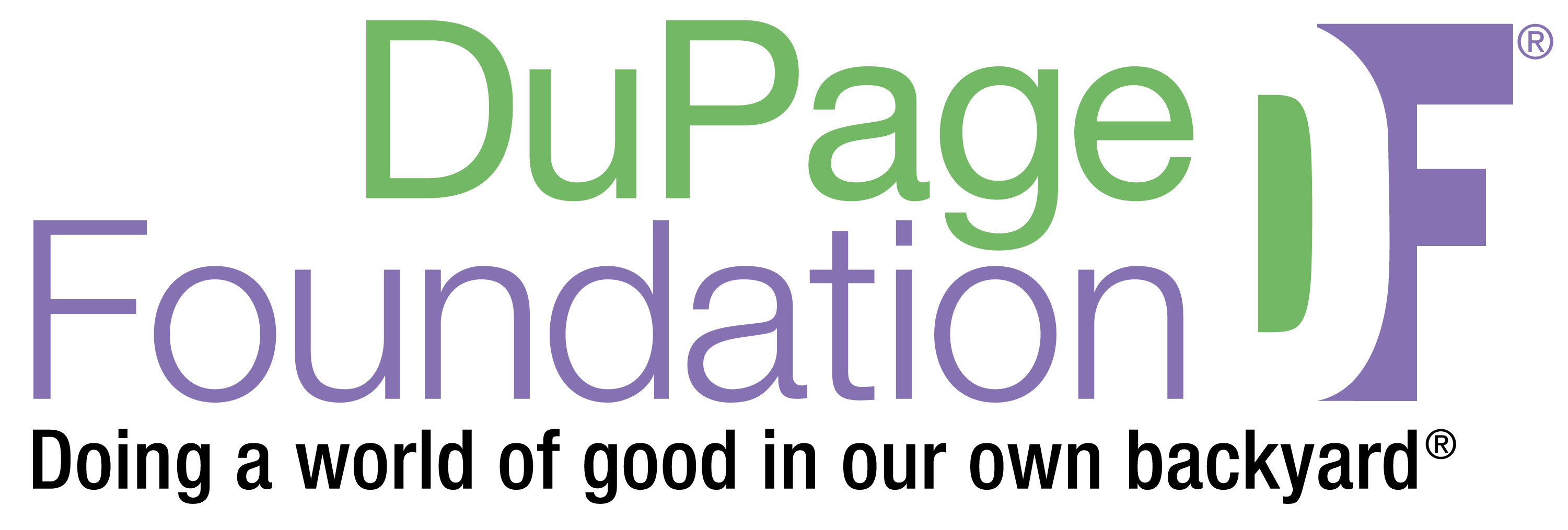
Date: Thursday, February 24, 2022
Time: 7:00 – 830 P.M.
Location: Naperville City Hall 400 S. Eagle Street, Naperville
Protecting Our Children: Understanding and Monitoring Youth Mental Health
This panel of professionals discussed the types of stressors local teens are facing today, the warning signs that a child is struggling with depression or suicidal ideations, and practical ways parents can monitor for these signs, including on their child’s devices/online activity. Together, the three-panel members and representatives from many additional support service agencies shared real stories, resources and information to help families protect and monitor our youth’s mental health.
Immediately following the discussion, a Mental Health Fair with area organizations, hosted by the Collaborative Youth Team, was available for attendees as an additional resource on topics surrounding internet safety and teen mental health.

Many thanks to our Resource Fair partners for taking part in the important conversations for our youth and families. Please click each logo below to be linked to their website for additional support and resources.
We were honored to have these 3 expert speakers on the panel for the discussion:
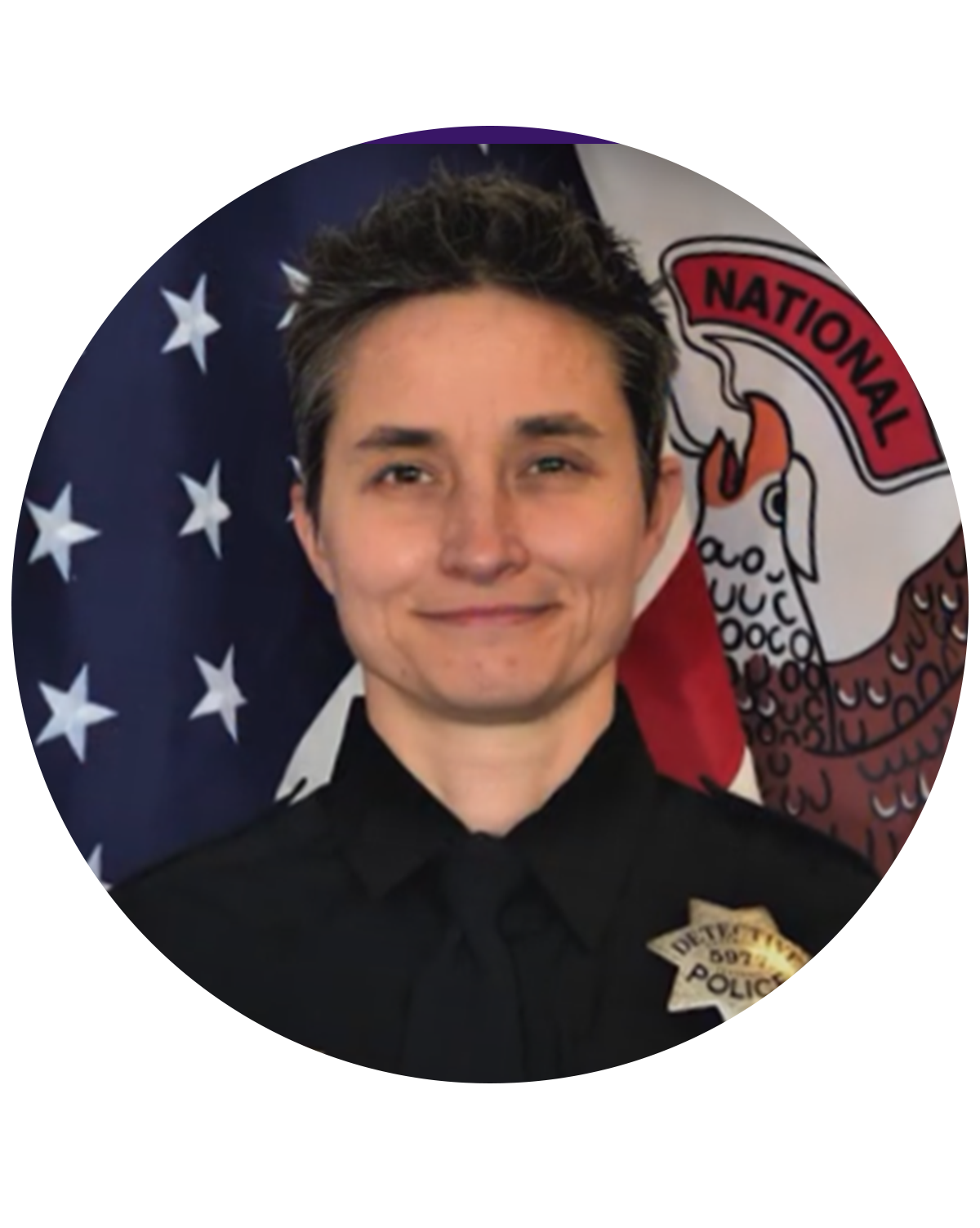
Detective Theresa Stock
Naperville Police Department
Detective Theresa Stock is a twenty-year veteran with the Naperville Police Department. During her career as a patrol officer, she was appointed to various positions, including Patrol Field Evidence Technician, Field Training Officer, and Control Tactics Instructor. Detective Stock is currently assigned to the Naperville Police Department’s Investigations Divisions as the High-Tech Crimes Investigator and is an affiliate member of the Illinois Attorney General’s High Tech Crimes Bureau (ICAC). Detective Stock’s investigative focus is online child exploitation, specifically cases involving child sexual abuse material, grooming/solicitation, and sextortion.
Ryan Lauterwasser, LCPC, CADC
Linden Oaks Adolescent Inpatient Unit
and Eating Disorder Services
Ryan Lauterwasser has worked for Linden Oaks Hospital since 2005 and is currently the Manager for the Adolescent Inpatient Unit and Eating Disorder Services. His work with high-risk youth for more than 20 years developed into a passion for building hope and helping others believe in the possibilities of change. Ryan received his Master’s degree in Clinical Psychology from Wheaton College and is licensed as a Licensed Clinical Professional Counselor and is also a Certified Alcohol and Drug Counselor. The therapeutic model which guides his practice is grounded in the theory of relationship and aligns with principles from Acceptance and Commitment Therapy. Enhancing the quality of relationships with objects like self, others, institutions, possessions, or media provides opportunities to promote balance and healthy engagement with one’s values.

Ryan Lauterwasser
Linden Oaks Adolescent Inpatient Unit and Eating Disorder Services
Ryan Lauterwasser has worked for Linden Oaks Hospital since 2005 and is currently the Manager for the Adolescent Inpatient Unit and Eating Disorder Services. His work with high-risk youth for more than twenty years developed into a passion for building hope and helping others believe in the possibilities of change. Ryan received his Master’s degree in Clinical Psychology from Wheaton College and is licensed as a Licensed Clinical Professional Counselor and is also a Certified Alcohol and Drug Counselor. The therapeutic model which guides his practice is grounded in the theory of relationship and aligns with principles from Acceptance and Commitment Therapy. Enhancing the quality of relationships with objects like self, others, institutions, possessions, or media provides opportunities to promote balance and healthy engagement with one’s values.

Matthew Caston, LCPC, CCTP
Fox Valley Institute Licensed
Clinical Professional Counselor
Matthew Caston is a Licensed Clinical Professional Counselor with several years of experience working with children, adolescents and adults with a wide variety of personal and clinical issues (mood, anxiety, behavioral, life transition, men’s/women’s issues, relationships, trauma, etc.). As a therapist, Matthew strives to meet people “where they’re at.” His overarching goal is to assist clients with recognizing how their current level of motivation impacts their ability to transform their lives. He works tirelessly to help others with developing insight on contributing factors to their presenting issues, then rehearses new skills in sessions that each person can generalize into their lives to create lasting change.
Protecting our Children:
Understanding and Monitoring
Youth Mental Health
Q&A Session
We received a lot of questions online around masks and our kid’s mental health. You addressed this in your time on the panel. Ryan can you share with us again how we can help our kids
– Ryan Lauterwasser, LCPC, CADC
My teen granddaughter spent a week in psychiatric observation recently under suicide watch, so we take her depression seriously, but still, shouldn’t she be expected to get up and go to school? She and her mom live with me and I am having a hard time motivating her to get out of bed. She is not interested in anything but social media and has no filter when it comes to abusive language toward me and her mother. I expect a certain degree of compliance, as she is only 16 and still building the person she will become. What alternatives do I have other than to let her rot away?
When providing support to those managing with severe depression, it is important to present yourself as flexible to manage your expectations with their progress and maintain appropriate boundaries to keep the relationship healthy. It may just be that she needs a different type of support with her education that promotes attentiveness to her mental health.
I would encourage having a non-judgemental conversation with your teen about how academics are an important value for your household, while opening the discussion to involve her on problem-solving how the matter can be addressed. If it’s revealed that the depression is still causing an issue, there are programs offered by facilities like Linden Oaks that can offer support (school refusal/avoidance, anxiety/avoidance). You can also look into therapeutic day schools for more assistance while continuing to promote resilience with her academics.
– Matthew Caston, LCPC, CCTP
I notice one of my daughter’s friends is making poor choices on social media. I’ve talked to my daughter, and she sees it but doesn’t see it as big of a deal as I do. I feel like I want to help her friend. When and how should a parent get involved with a child’s friend.
A good question to often ask is, “What would l want another parent to do for me, if this was my child?” What is your relationship like with your child’s friend? Would you be willing to talk with your child’s friend and share why you are concerned about what they are posting on social media? Could you contact her parents and ask if they have looked at her social media accounts in a while? It is possible that the values you have for your family are different than those of another family. Opening channels of communication and sharing your concerns may be a great first step.
– Ryan Lauterwasser, LCPC, CADC
I love my child and trust my child but also want to protect her. Where is the line between hovering and smothering, and giving my child the space to allow her to have to make right decisions on her own?
When it comes to monitoring a child’s social media, this is definitely one of the most challenging questions parents face. There is no “one size fits all” or clear set of directions. To help you decide what is best for your family, I suggest treating the digital world like the physical world. As parents and caregivers, we need to teach our children how to act safely and appropriately. I like to use the example of a bicycle. A bicycle has many benefits (exercise, exploration, enjoyment), but it can also be very dangerous. When your child is young, you need to constantly monitor and teach them how to ride safely. They need to develop the mental and physical capacity to control a bicycle and use good judgment. You probably set up boundaries, like driveway only, and as your child develops and learns how to ride safely – stay on the sidewalk, stop at intersections, stranger danger, etc- you expand the boundaries. Perhaps, they are allowed to ride to the end of the block and then around the block. If they go beyond the boundary you have set, they face a consequence. You discuss the dangers and review your expectations. We need to apply the same ideas to the digital world. When our children are young, we need to constantly monitor and teach them to be responsible digital citizens. As they demonstrate the ability to use the internet/social media appropriately and follow the boundaries you’ve set, then they can be given more room to explore. You can find more information on internet safety and parenting at:
https://illinoisattorneygeneral.gov/onlinesafe/forparents.html
https://www.webwise.ie/category/parents/advice/
– Detective Theresa Stock
Can teens get mental health help without telling their parents?
When teens are looking for help related to addiction, the state of Illinois does allow for Certified Alcohol and Drug Counselors to see a minor without parental consent for 5 sessions. At the end of that time, the counselor is required to get parental consent to continue. The Illinois Mental Health Code indicates that at the age of 12, a person is legally able to decide who can have their mental health information when seeking treatment. However, for mental health specific concerns (depression, anxiety, attention deficit…), parental consent is required to see a licensed counselor. Parents must provide consent to start therapy, and may not be able to know what’s happening in therapy. Most licensed counselors obtain a HIPAA Release of Information to allow for the sharing of information. Teens may be able to utilize the support of their school social workers for some mild symptoms. Because of the volume of students that school social workers help, as symptom severity increases the social worker will likely recommend the teen see an outpatient counselor.
– Ryan Lauterwasser, LCPC, CADC
My child is out of high school but still a young person. The last 2 years have been very hard on him. I’ve seen it with his friends too. They feel like they’ve lost so many of their hopes and dreams post high school. What can parents of these older teens and young 20’s kids do to help?
At this time in their development, your son may be perceiving himself under this “failure to launch” concept. This is where teens and emerging young adults have incongruent thoughts emerging that they should be further ahead in life based on the accomplishments of others, lack of opportunities made or pursued, and also feeling overwhelmed due to the upheaval of change with the pandemic. These feelings are completely normal and doing what you can to help them the process will look different for each individual.
Help them establish realistic goals for themselves and what they want to accomplish over the next few months or a year. Whether it be researching colleges, purchasing a car/home, traveling, etc., it all comes down to identifying the values behind their goal, and the steps they can take to accomplish it.
– Matthew Caston, LCPC, CCTP
What do you believe is the greatest mental health/addiction need currently in our community?
My answer for this is complicated, as I don’t necessarily believe there is any mental health need that is larger in scope than others at this time. I do believe that the lack of compassion enacted toward ourselves and others is a factor that continues to reinforce many of the stigma that keeps this a taboo subject.
– Matthew Caston, LCPC, CCTP
KidsMatter Foundation, Inc. is approved by the Internal Revenue Service as a 501(c)(3) tax-exempt organization, and all donations are tax deductible to the extent provided by law. KidsMatter Federal Identification Number (EIN) is 36-4448507. BRIDGE (Basic Registry of Identified Global Entities) number is 5570260059.
kidsmatter2us.org website created, owned & operated by KidsMatter. We use cookies to help improve your experience. You can learn more by reading our Privacy Policy. By continuing to use our Site you agree to the terms of our Privacy Policy.
Website: Paul Gregory Media


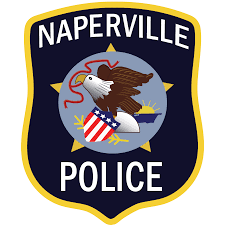
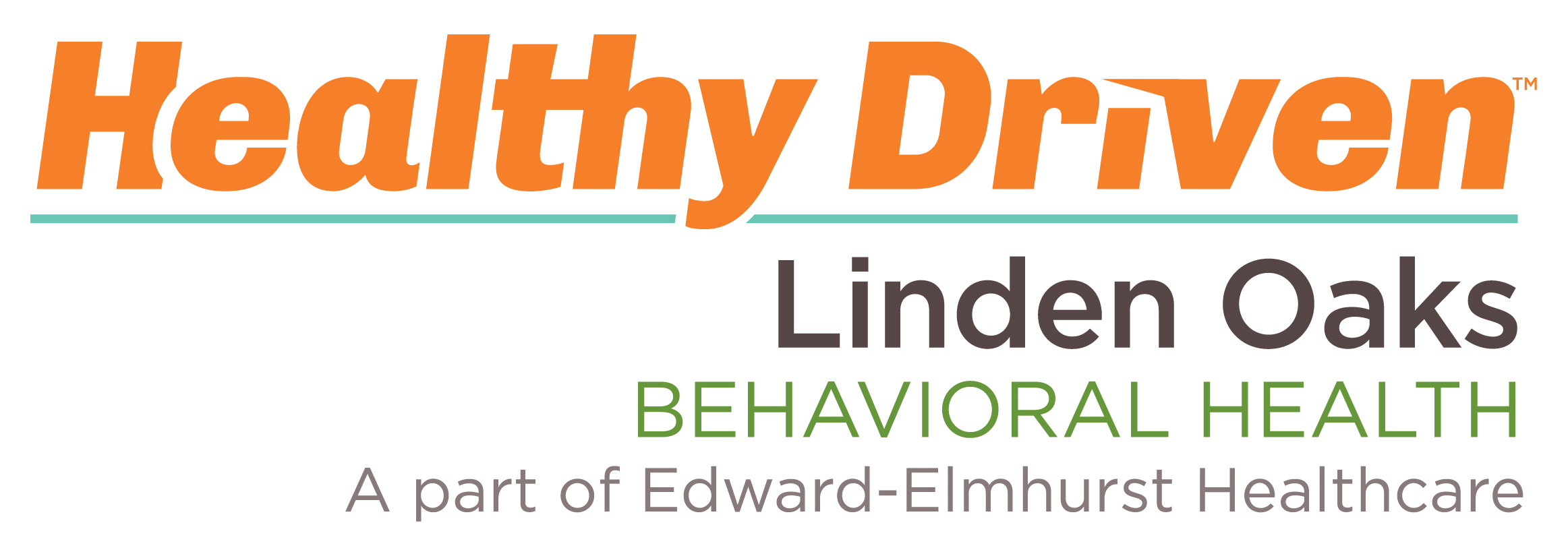

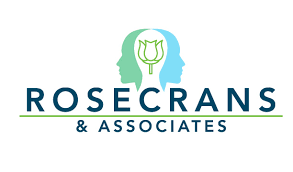
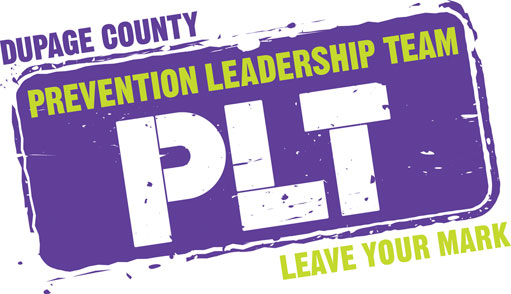
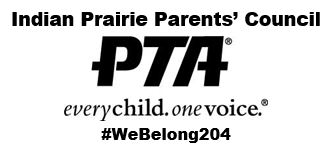





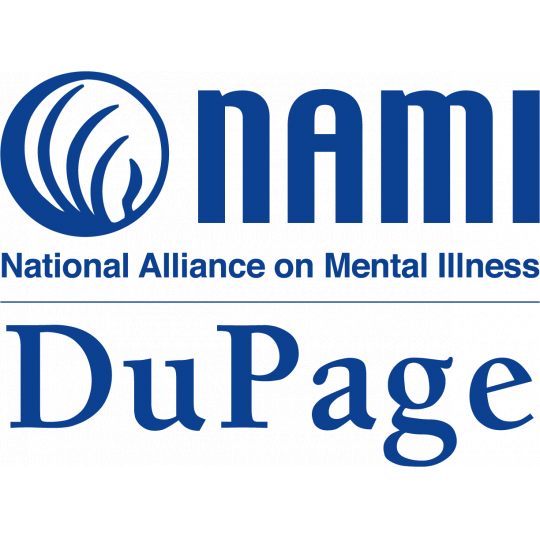

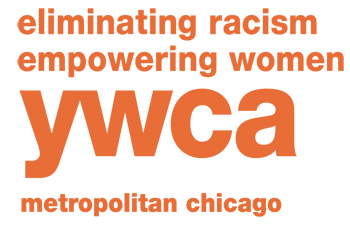


Enjoying your read? If so, please share it!
Sharing is caring.❤